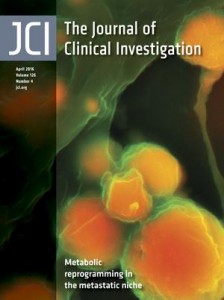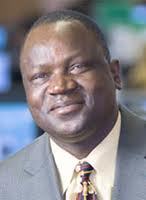 Elsevier has now retracted the seven papers it flagged in October as being affected by fake peer reviews.
Elsevier has now retracted the seven papers it flagged in October as being affected by fake peer reviews.
If you’re not keeping track, we are: We have logged a total of about 300 retractions for fake peer review, in which some aspect of the peer-review process becomes compromised — for instance, in the case of the newly retracted papers, authors appear to have created fake email accounts in order to pose as reviewers and give the green light to their own papers.
The same retraction note applies to five of the recently retracted papers:
Continue reading Seven papers flagged earlier for fake reviews now retracted by Elsevier








